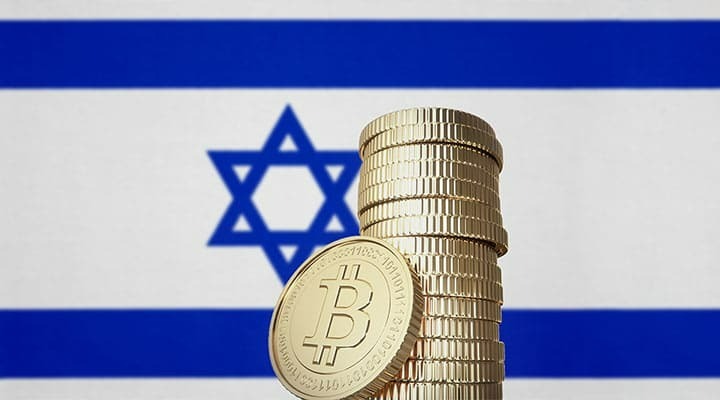Israel is now looking into decentralised autonomous organisations (DAOs) in its latest effort to bring the digital assets industry under its watch. DAOs are blockchain-based organisations that operate based on rules coded into smart contracts. Uniswap, Augur and MakerDAO are leading examples of such organizations.
Israel Eyes DAO Regulation
On Wednesday, the Israeli Ministry of Finance announced the appointment of a multi-agency team tasked with recommending rules for the regulation of DAOs. The team will look at various areas of DAO regulation, including corporate status determination and taxation.
Regulating this type of organization will help “to create legal certainty, reduce risk factors in activity conducted through DAOs and realise the potential for the Israeli economy,” the ministry explained.
As part of its efforts towards DAO regulation, the ministry has called on academics, civil society organizations and other industry stakeholders to submit proposals on various areas pertinent to the regulation of DAOs. Specifically, the ministry wants the public to submit materials on the nature of DAOs, their benefits over traditional corporations, the major risks they pose, as well as their advantages and potential threats to the Israeli economy.
Additionally, the ministry is requesting submissions related to registration requirements for recognizing DAOs as legal entities, minority holder protection, application of existing financial rules to DAOs, and money laundering risks posed by DAO activities. The public has until September 9, 2023, to put forward their recommendations, the ministry noted.
Crypto Regulation in Israel
In recent years, Israel has sought to regulate the digital assets industry. Earlier this month, Israeli lawmakers conducted a preliminary reading of a new bill that proposes the exemption of foreigners from capital gains taxes; that is, taxes on profit made from their cryptocurrency activities.
In March, the Bank of Israel proposed rules for permitting stablecoin use in the country while managing risks and protecting investors. The apex monetary authority also called for public comments on the proposals.
A month before that, the Israel Securities Authority (ISA) published a proposal calling for an amendment to the applicability of the country’s securities laws on cryptocurrencies. The securities watchdog noted that while cryptocurrencies serve as a financial investment, they are not included in definitions found in the country’s laws.
Since August 2017, Israel has created a least three crypto-related committees to look into various areas of crypto regulation and adoption in the country. The first committee, which was established in August 2017, called for a balance between encouraging technological innovation and preserving the interests of the investing public.
Furthermore, while the second committee has worked on rules to promote and establish regulations for the digital asset markets in Israel, the third committee has examined the ISA’s policy on investment products in digital assets.
Meanwhile, Israel is also taking steps in the global race towards a central bank digital currency (CBDC) launch. However, Finance Magnates reported that the nation has tied the launch of its CBDC, the digital shekel, to similar moves by global economies made by the United States and the European Union.
DXtrade Has Teamed Up with Acuity; Firm of Tickmill’s CEO Has Invested €3.5M; read today's news nuggets.


















